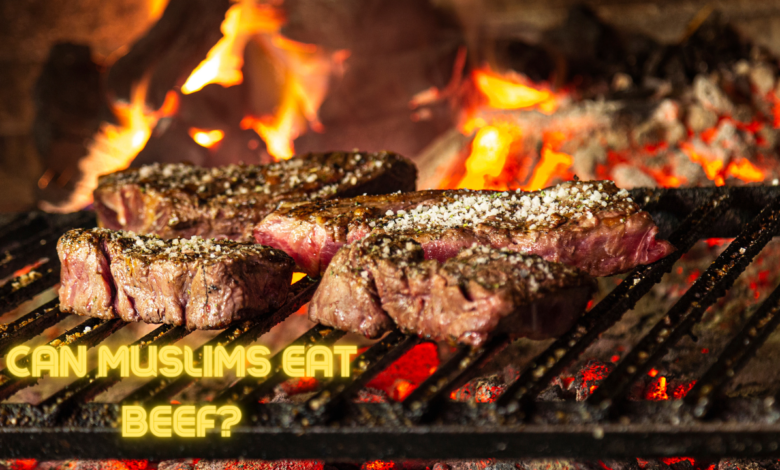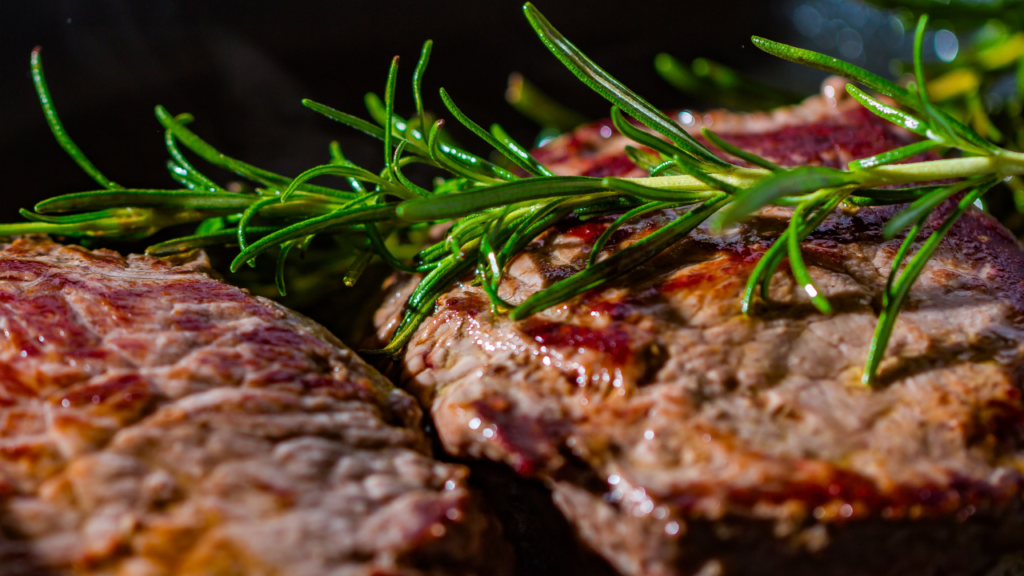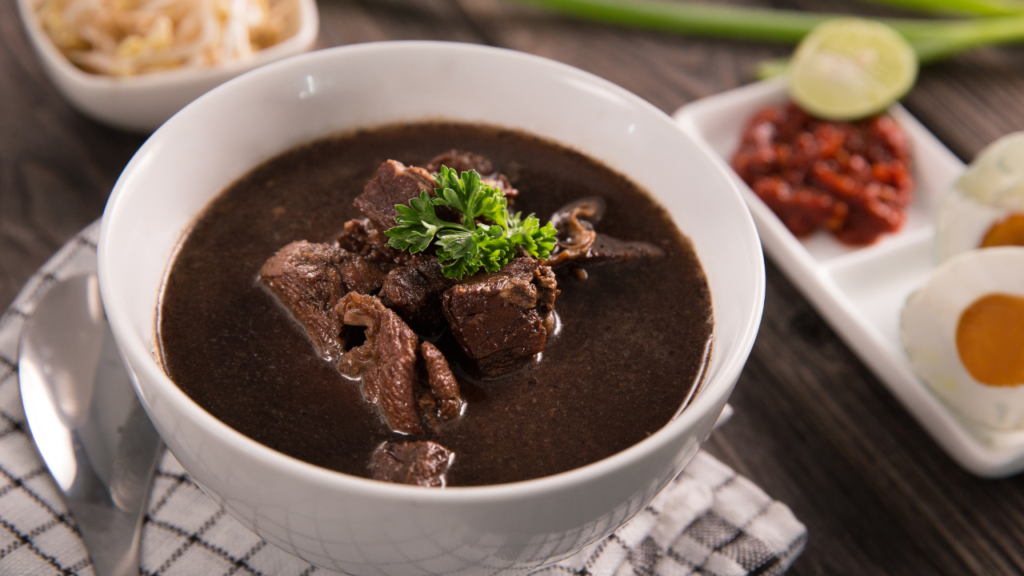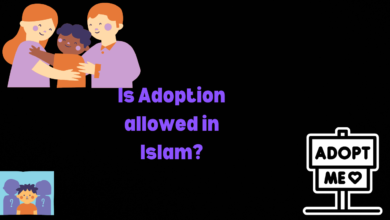
Can Muslims eat beef?
Yes, it is generally permissible for Muslims to eat beef. Beef is considered halal (permissible) in Islam as long as it meets certain dietary guidelines and is slaughtered in accordance with Islamic principles.

Introduction
The question of whether Muslims can eat beef is a topic that often arises due to the dietary restrictions outlined in Islamic law, or Sharia. Islam is one of the world’s major religions, and its followers, Muslims, adhere to a set of dietary guidelines that dictate what is permissible (halal) and what is prohibited (haram) in their food choices. To better understand whether Muslims can consume beef, it is essential to explore the Islamic dietary laws, the concept of halal meat, and the cultural variations that exist within the Muslim world.
Islamic Dietary Laws
Islamic dietary laws are derived from the Quran, the holy book of Islam, and the Hadith, the sayings and actions of the Prophet Muhammad (peace be upon him). These sources provide guidance on what Muslims can and cannot eat. One of the primary principles of Islamic dietary law is the prohibition of consuming pork and its by-products. Pork is considered haram (forbidden) due to explicit verses in the Quran (e.g., Surah Al-Baqarah, 2:173) and Hadith.
While pork is unequivocally prohibited, the rules regarding other types of meat, including beef, are less straightforward. The Quran allows Muslims to consume the meat of animals that are halal (permissible) under specific conditions, which include:
- The animal must be healthy and free from diseases.
- It must be slaughtered in the name of Allah (God) by a Muslim who is of sound mind and has reached the age of maturity.
- The slaughter must be done using a sharp knife to ensure a swift and humane death, cutting the throat, windpipe, and blood vessels without severing the spinal cord.
- The blood must be completely drained from the carcass.
Beef as Halal Meat
Beef is considered halal and permissible for Muslims to consume if it meets the criteria outlined above. The key factor in determining the permissibility of beef consumption is the proper method of slaughter, known as zabihah or dhabiha. This method ensures that the animal is slaughtered in the name of Allah and that its blood is thoroughly drained. Additionally, the animal should not have any diseases that render its meat impure or harmful.
It’s important to note that not all beef available in the market is necessarily halal. Many Muslims seek out halal-certified products or purchase meat from trusted halal butchers to ensure it meets the Islamic dietary requirements.
Cultural Variations
It’s essential to recognize that while the core principles of Islamic dietary law remain consistent, there can be cultural variations in how these principles are applied. The interpretation and practice of halal food can vary from one region or community to another.
In some Muslim-majority countries, beef is a staple part of the diet, and stringent halal practices are observed. In contrast, in regions with diverse religious and cultural populations, the availability and preparation of halal beef can differ. Some Muslims may choose to be more cautious and opt for certified halal sources, while others may rely on the word of local butchers or their community’s practices.
Also check
- How to become a Islamic Scholar?
- Is Islam the truth?
- What is Arafat in Islam?
- What is the meaning of coca-cola in Islam?
- Why do Muslims Fast during Ramadan?
Conclusion
In conclusion, Muslims can eat beef as long as it is slaughtered in accordance with Islamic dietary laws, which include the use of the proper method of slaughter and ensuring the animal is healthy and free from diseases. Beef can be a part of a halal diet when prepared and consumed in compliance with these guidelines.
It’s important to remember that the interpretation and application of Islamic dietary laws can vary among individuals and communities. As such, some Muslims may choose to seek out certified halal beef to ensure strict adherence to these laws, while others may follow their local practices and trust their community’s sources. Ultimately, the permissibility of beef consumption for Muslims is contingent on these principles and individual choices within the framework of Islamic dietary guidelines.

Frequently Asked Questions (FAQs) About Muslims Eating Beef:
Is it permissible for Muslims to eat beef?
Yes, it is generally permissible for Muslims to eat beef. Beef is considered halal (permissible) in Islam as long as it meets certain dietary guidelines and is slaughtered in accordance with Islamic principles.
What are the dietary guidelines for Muslims when it comes to consuming beef?
Beef must be sourced from an animal that is considered halal, which means it should be properly slaughtered by a Muslim who follows the Islamic method of slaughter (zabiha). The name of Allah (God) should be invoked before slaughter, and the blood must be completely drained from the meat.
Are there any specific cuts of beef that are preferred or restricted in Islam?
Islam does not specify particular cuts of beef that are preferred or restricted. Muslims can consume various cuts of beef as long as the meat comes from a halal source and is prepared in accordance with Islamic dietary laws.
Can Muslims eat beef at any time, or are there restrictions during certain times or events?
Muslims can eat beef at any time, provided it is halal and prepared correctly. There are no specific restrictions related to consuming beef based on time or events in Islam.
Are there any circumstances or conditions where it might not be permissible for Muslims to eat beef?
Beef from an animal that was not slaughtered according to Islamic guidelines (halal) is not permissible. Additionally, if a Muslim is fasting during Ramadan or observing a religious fast, they would abstain from eating beef during daylight hours while fasting.
Can Muslims eat beef that has been processed or prepared in non-Muslim countries?
Yes, Muslims can consume beef that has been processed or prepared in non-Muslim countries, as long as it meets the criteria of being halal. Many Muslim-majority countries and regions have organizations that certify and label products as halal to assist consumers in identifying suitable options.
Is there a specific way to identify halal beef in the market?
Look for labels or certifications that indicate the product is halal. These certifications are often provided by Islamic authorities or organizations and can be found on packaging. Additionally, purchasing meat from a trusted halal butcher or supplier is a common way to ensure the meat is halal.
Can Muslims eat beef in countries where it is not a common dietary choice?
Yes, Muslims can eat beef in countries where it is not a common dietary choice, as long as it meets the halal criteria. Dietary preferences and availability may vary by region, but as long as the meat is halal, it is permissible for Muslims to consume it
Are there any variations in the permissibility of eating beef among different Islamic sects or schools of thought?
While the basic principles of consuming beef remain the same across Islamic sects and schools of thought, there may be minor variations in interpretation or practices. It’s advisable to consult with a knowledgeable religious authority or scholar if there are any specific concerns or questions.
Is it mandatory for Muslims to eat beef, or is it a matter of personal choice?
Consuming beef is a matter of personal choice for Muslims. It is not mandatory, and dietary preferences may vary among individuals and cultures within the Muslim community.






